

Buy HYALGAN (Sodium Hyaluronate) Online
$129.90
CHARACTERISTICS
ACTIVE SUBSTANCE SODIUM HYALURONATE
FORM 1 VIAL X 2 ML
MANUFACTURER FIDIA

Buy HYALGAN (Sodium Hyaluronate) Online
$129.90
- Description
- Reviews (0)
Description
Description: HYALGAN, also known as Sodium Hyaluronate, is a pharmaceutical product used in the treatment of osteoarthritis. It is a viscosupplement, meaning it is injected directly into the affected joint to help improve lubrication and cushioning, thereby reducing pain and improving joint mobility. HYALGAN contains sodium hyaluronate as its active ingredient, which is a naturally occurring substance found in the synovial fluid of joints.
Composition: HYALGAN is composed of sodium hyaluronate as the active ingredient. Sodium hyaluronate is a derivative of hyaluronic acid, a naturally occurring substance in the body that helps lubricate and cushion joints. The formulation may also contain sterile saline solution or other excipients to aid in administration.
Uses: HYALGAN is indicated for the treatment of pain associated with osteoarthritis of the knee. It is used in patients who have not responded adequately to other conservative treatments, such as nonsteroidal anti-inflammatory drugs (NSAIDs) or physical therapy. HYALGAN helps to improve joint function and reduce pain by restoring the viscoelastic properties of the synovial fluid.
Usage and Dosage: HYALGAN is administered as an intra-articular injection directly into the affected knee joint. The dosage and frequency of injections may vary depending on the severity of the osteoarthritis and the patient’s response to treatment. Typically, a series of injections are given over several weeks, with each injection spaced apart by a specific interval.
Storage Conditions: HYALGAN should be stored according to the manufacturer’s recommendations. It is typically stored at room temperature, away from direct sunlight and heat sources. The product should be kept in its original packaging and out of reach of children.
Mechanism of Action: Sodium hyaluronate in HYALGAN acts as a lubricating and cushioning agent within the joint space. It helps to restore the viscoelastic properties of the synovial fluid, which becomes depleted in patients with osteoarthritis. By improving joint lubrication and cushioning, HYALGAN reduces friction and pressure within the joint, thereby alleviating pain and improving joint mobility.
Contraindications: HYALGAN is contraindicated in patients with known hypersensitivity to sodium hyaluronate or any components of the formulation. It should not be used in patients with active joint infections or skin diseases around the injection site.
Adverse Reactions: Common adverse reactions associated with HYALGAN injections may include pain, swelling, warmth, or redness at the injection site. These reactions are usually mild and transient. Rarely, allergic reactions or infections at the injection site may occur. Patients should be monitored for any adverse effects, and healthcare providers should be informed if any unusual symptoms develop.
Patients should consult with their healthcare provider for personalized information regarding the use of HYALGAN, as individual responses to treatment can vary. Proper administration and monitoring are essential for the safe and effective management of osteoarthritis symptoms.
Be the first to review “Buy HYALGAN (Sodium Hyaluronate) Online” Cancel reply
Related Products
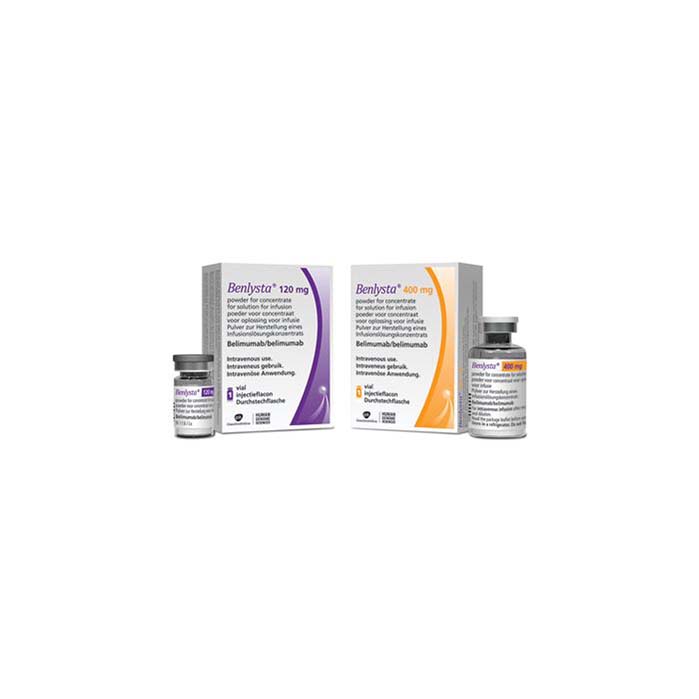
Buy Benlysta (belimumab) Online
Total Sales: 0
SKU: 529141
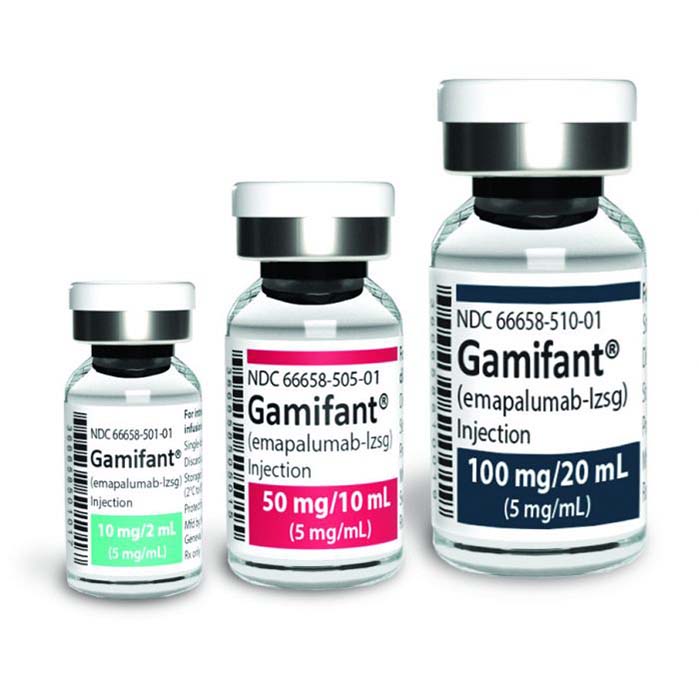
Buy Gamifant (emapalumab-lzsg) Online
Total Sales: 0
SKU: 398549
Buy MUSCOFLEX (THIOCOLCHICOSIDE) Online
Total Sales: 0
SKU: 564865
Buy ORTHOVISC HYALURONIC ACID Online
Total Sales: 0
SKU: 779758
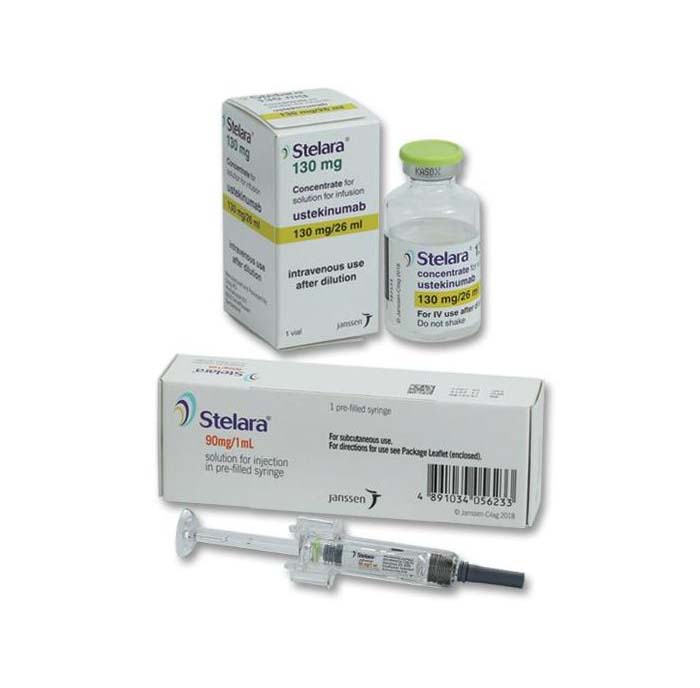
Buy Stelara (ustekinumab) Injection Online
Total Sales: 0
SKU: 951242

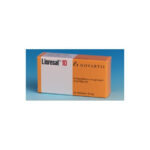
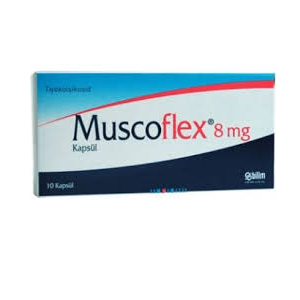

Reviews
There are no reviews yet.